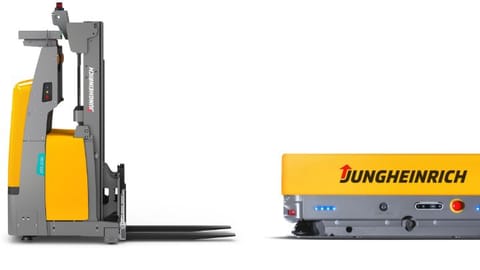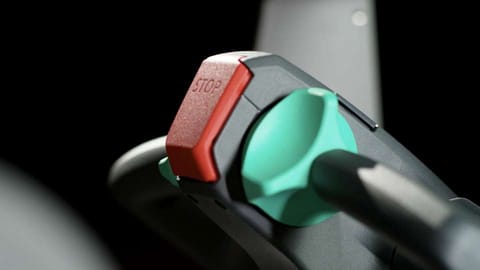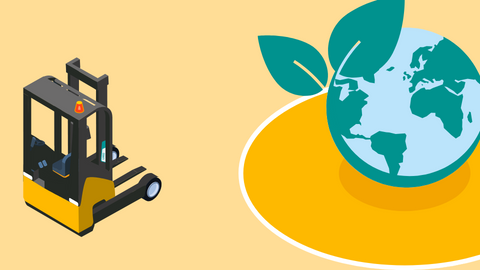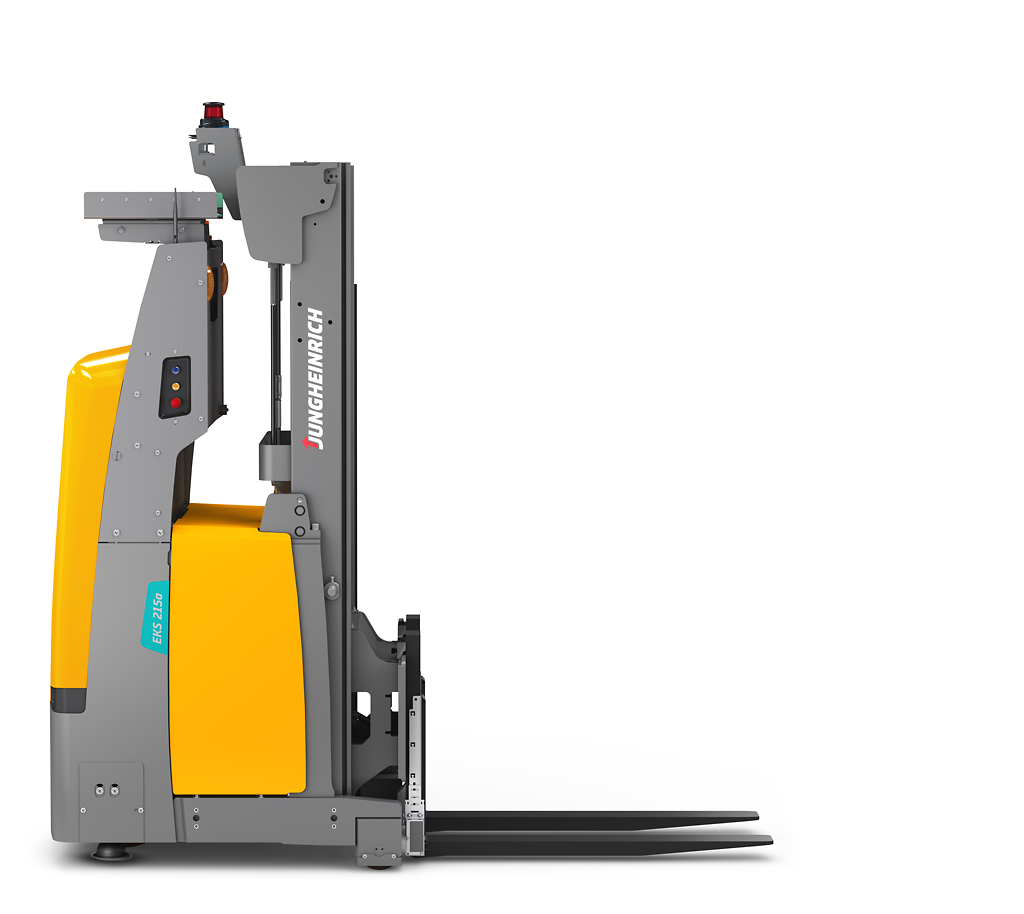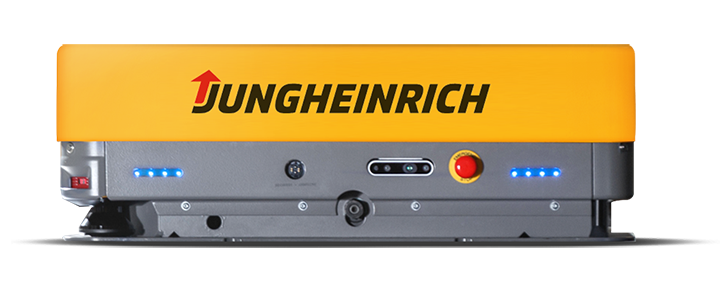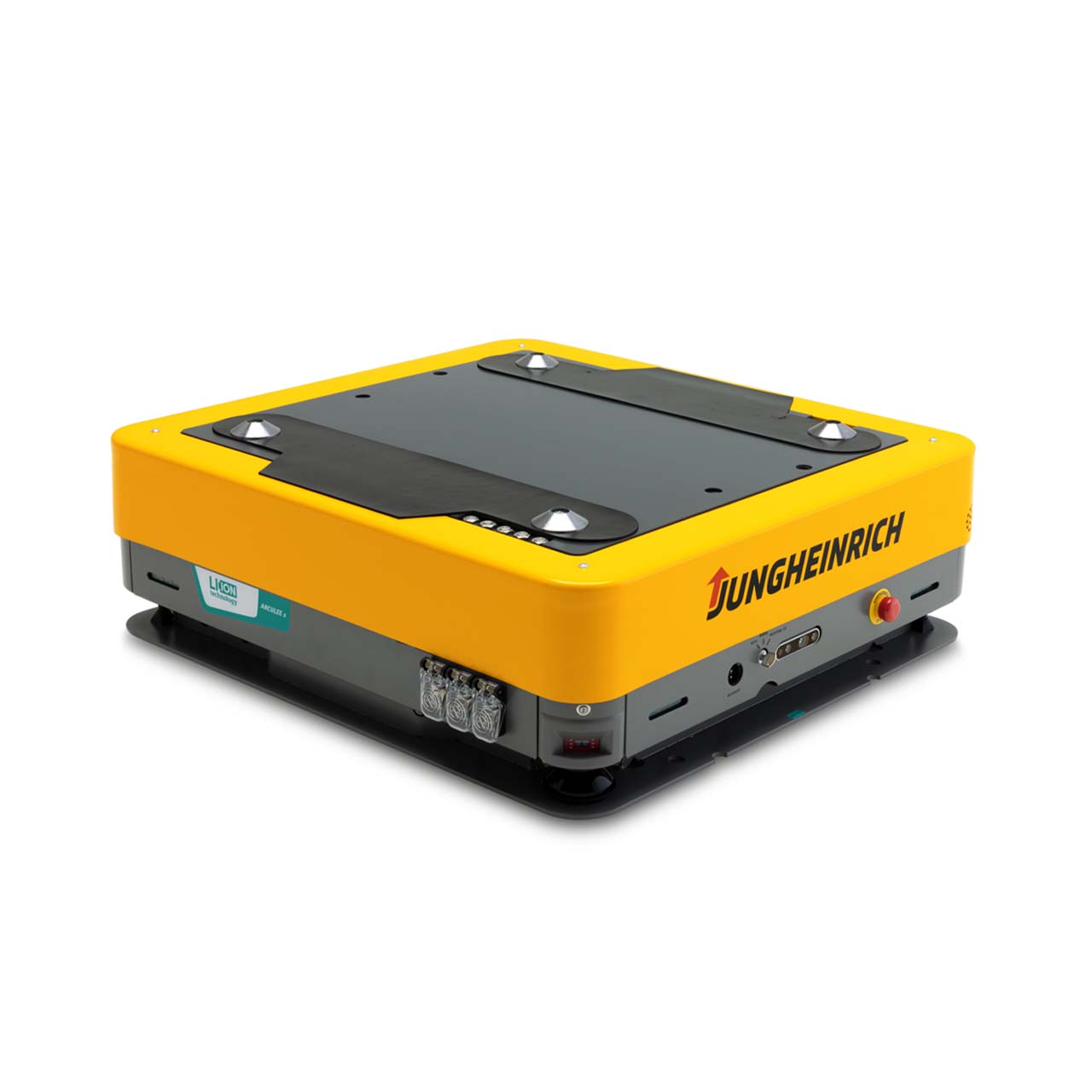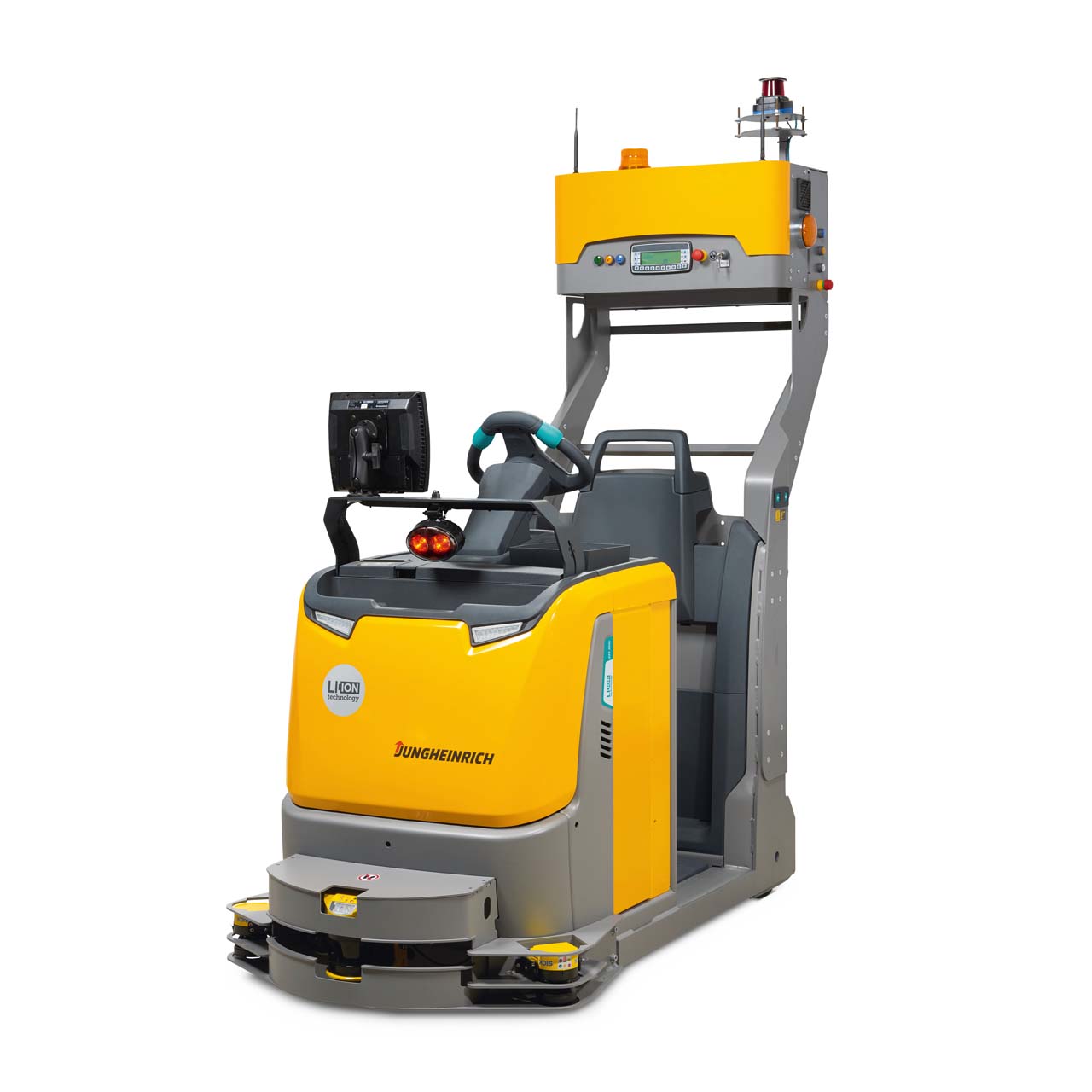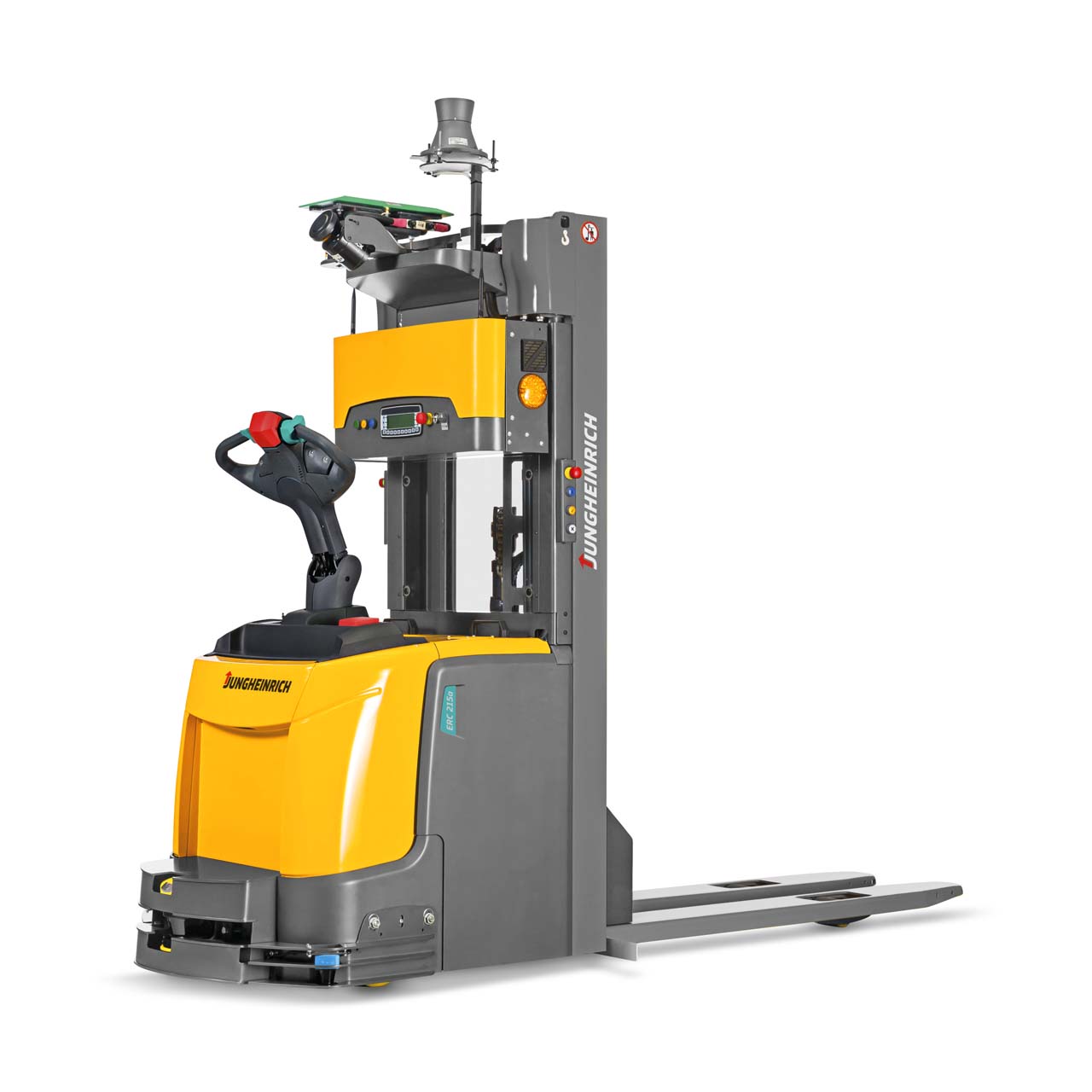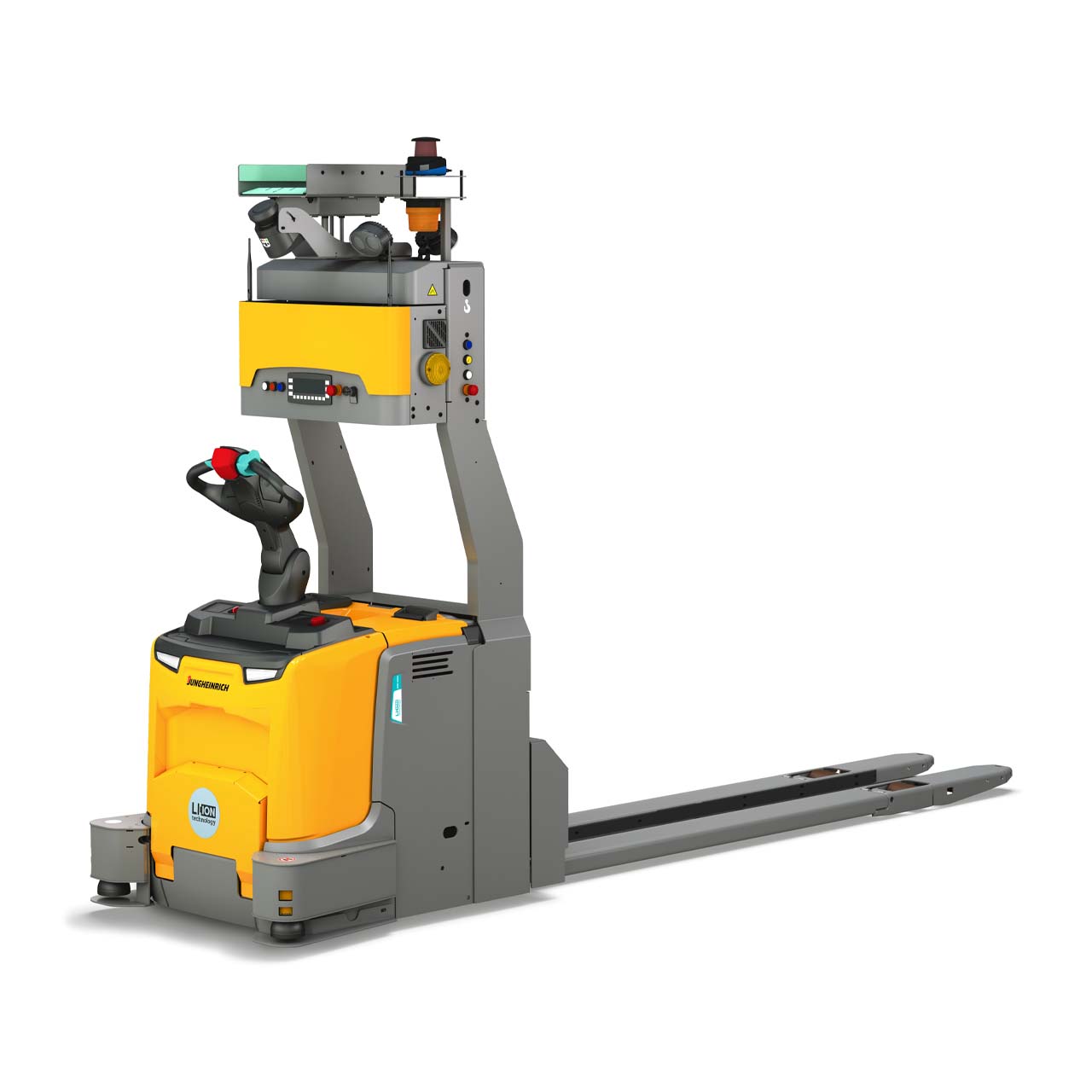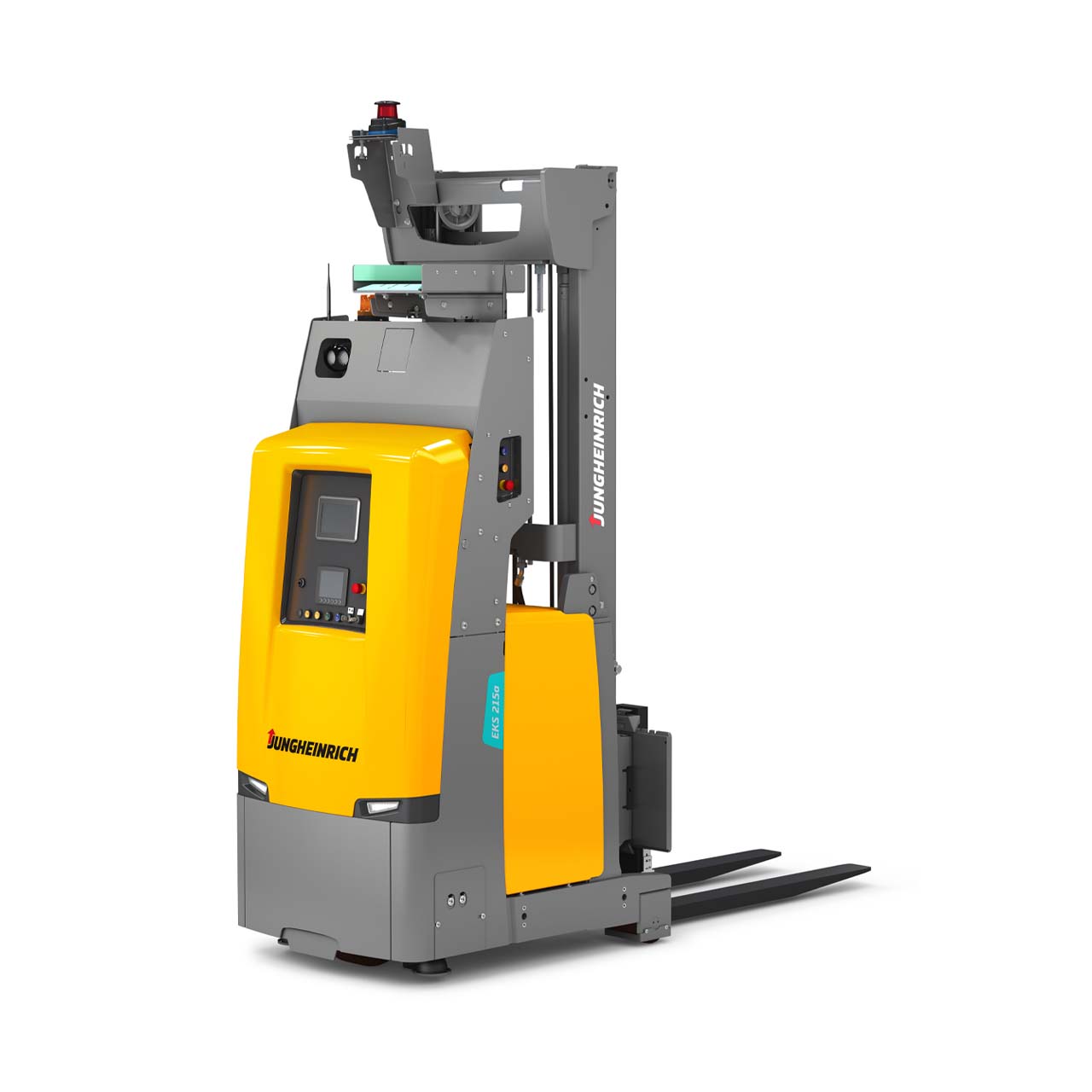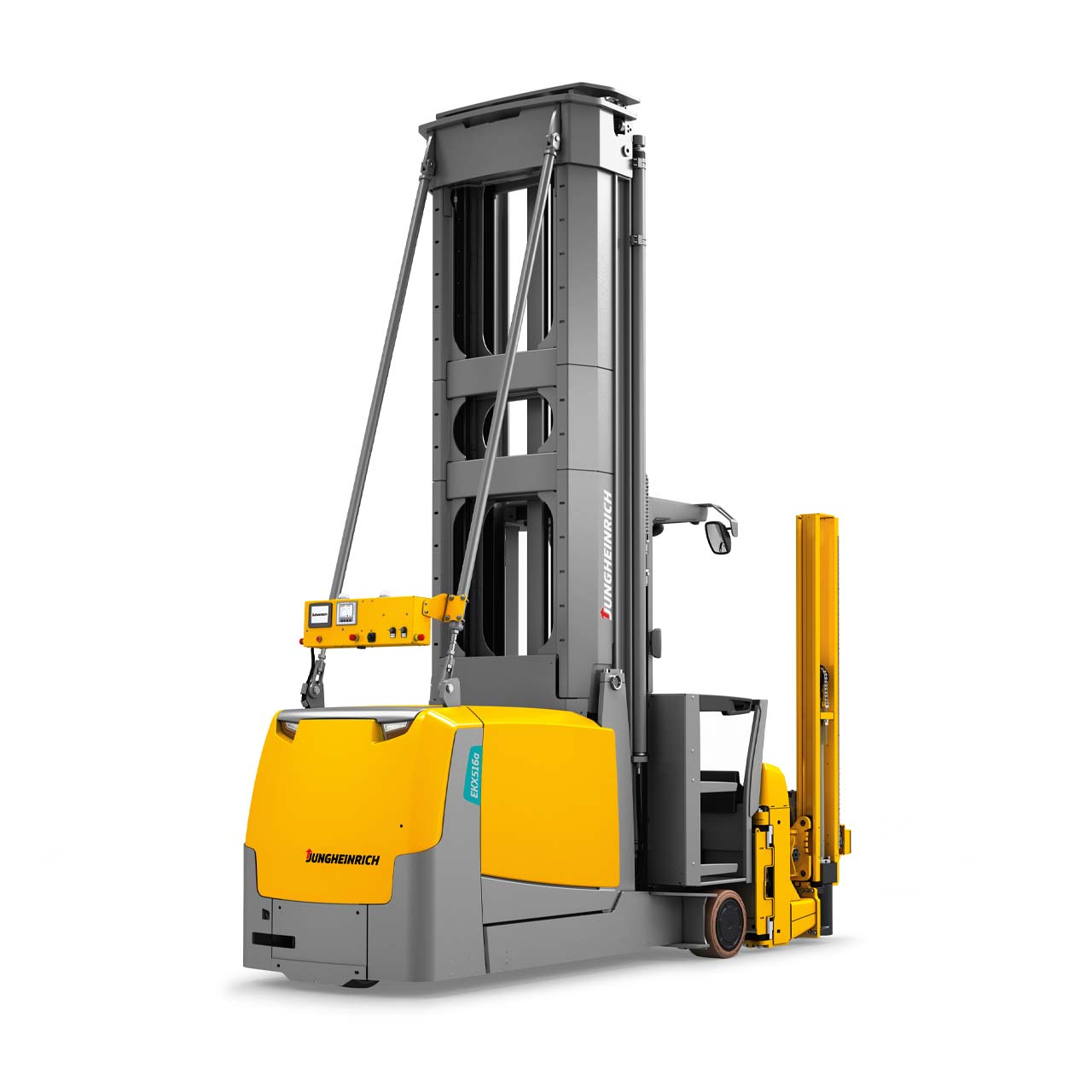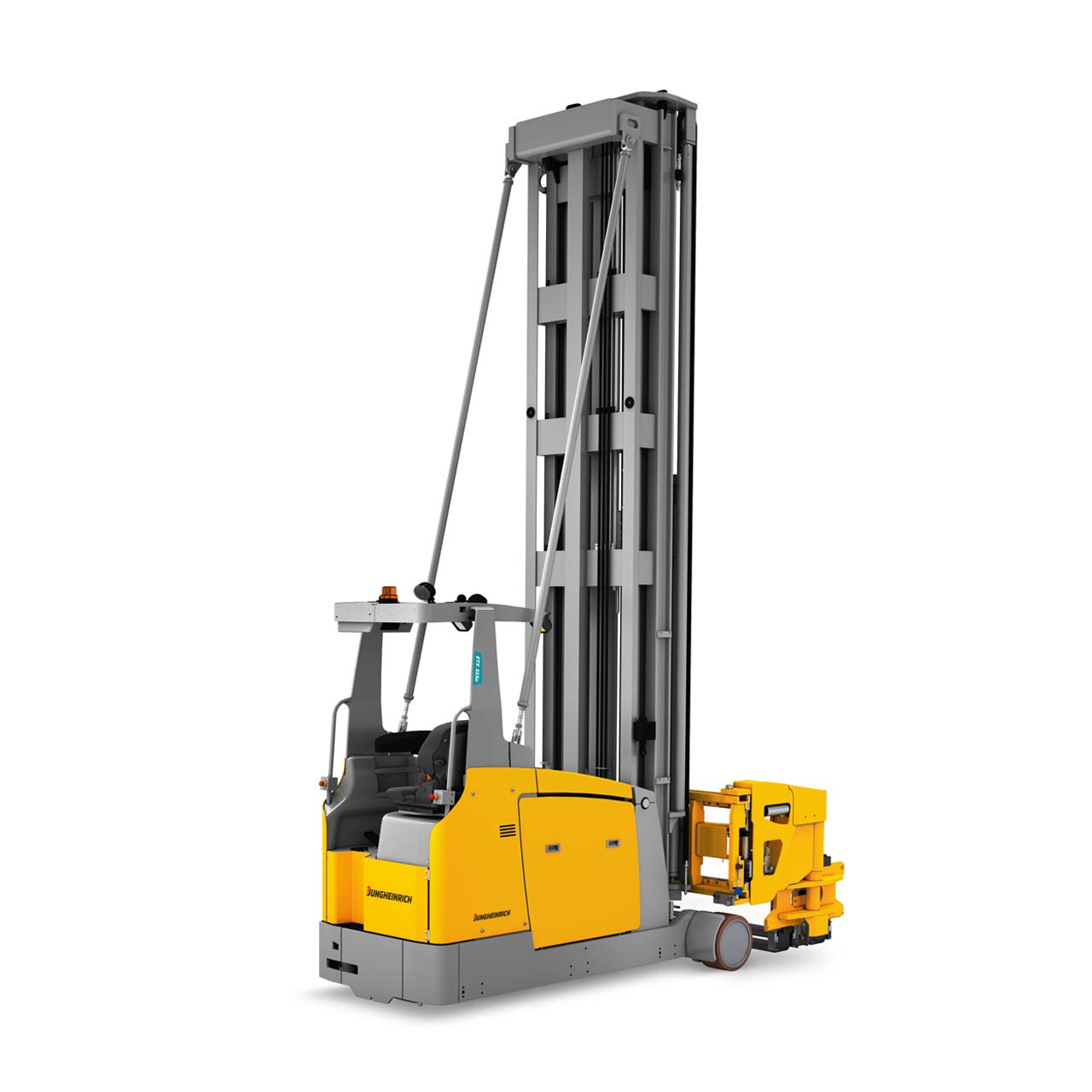With the integration of arculus, a company active in the field of autonomous mobile robots (AMR), Jungheinrich has further expanded its offering in its position as a pioneer in automated intralogistics. In addition to autonomous mobile robots, new software solutions for mobile automation complement the Jungheinrich product portfolio and improve its market position in fast-growing segments such as e-commerce.
In this interview, Jungheinrich managers Dr Markus Heinecker, Vice President Automated Systems Mobile Robots, and Markus Skof, Vice President Technics Digital Products, explain what other opportunities the acquisition offers and how the automation sector at Jungheinrich is developing.
